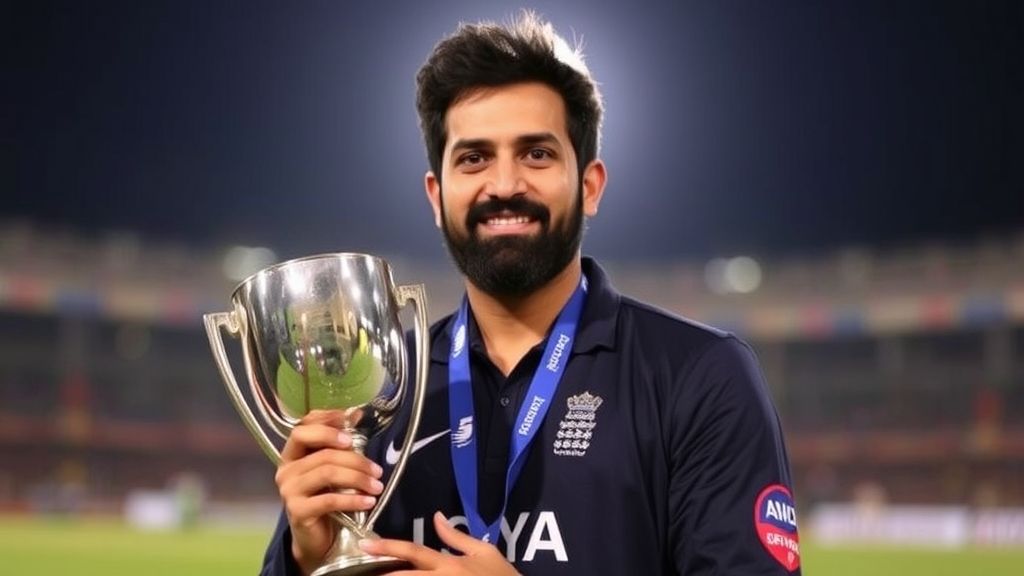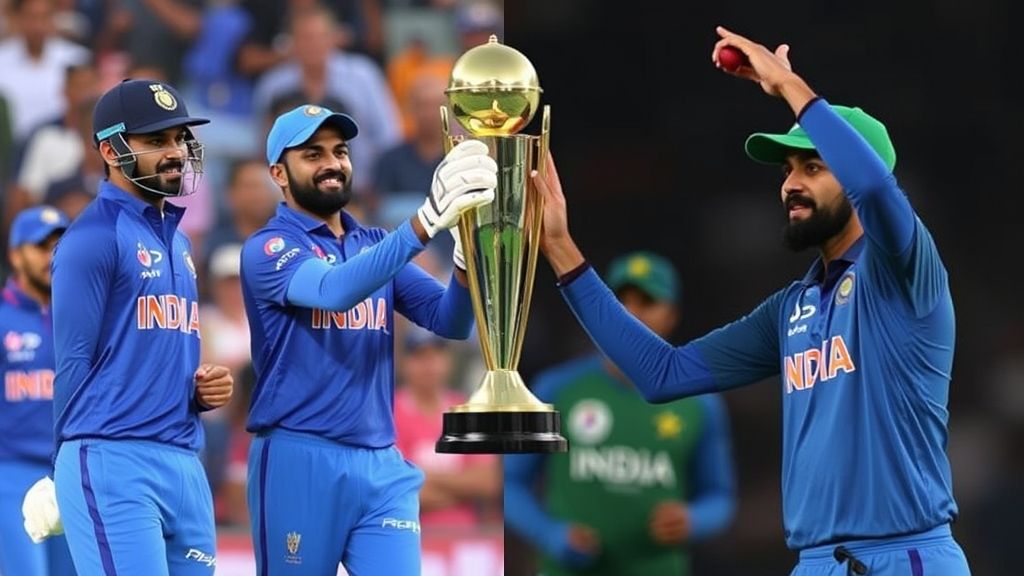The recent Asia Cup concluded with a triumphant Sri Lankan victory, but the post-match celebrations have been overshadowed by a significant controversy involving the Pakistan Cricket Board (PCB) chief, Zaka Ashraf, and the BCCI, specifically its president, Roger Bi
y. Reports suggest a heated exchange occurred due to Zaka Ashraf’s alleged actions concerning the trophy presentation, leading to a strong condemnation from the Indian cricket board. This incident raises pertinent questions about protocol, respect, and the underlying political tensions that often seep into the world of cricket.
The Accusations: A Trophy Too Close for Comfort?
According to sources, the primary point of contention stemmed from PCB chief Zaka Ashraf’s alleged insistence on taking the Asia Cup silverware to his hotel before the official presentation ceremony. This move, deemed highly unusual and potentially disrespectful to the spirit of the tournament and the governing body, irked the BCCI. While the exact sequence of events and the precise nature of the exchange remain unconfirmed by official statements from both boards, the widely circulated narrative points to a significant diplomatic fallout.
The BCCI, as the host of this year’s Asia Cup (though hosted by Pakistan with a neutral venue for India’s matches), reportedly felt that protocol was being undermined. Their reported stance is that trophy presentations are a solemn and official affair, to be conducted under specific guidelines and at a designated time and place. The idea of a team official, even the head of a cricket board, taking the prize to their private accommodation prior to the formal ceremony would naturally be viewed as an attempt to preempt or circumvent the established order.
Furthermore, the underlying sentiment expressed by the BCCI seems to be rooted in a perceived lack of respect for the process. Cricket, at its highest level, is governed by a set of established norms and traditions. While informal celebrations are a part of any victory, the handling of the official trophy is a matter of protocol and prestige. The BCCI’s alleged frustration might also stem from a broader context of strained cricketing relations between the two nations, which often leads to heightened sensitivities and scrutiny over every interaction.
The BCCI’s Stance: Upholding Protocol and Respect
The BCCI’s reported explosion at Zaka Ashraf is not merely about a trophy; it’s about upholding the integrity of the tournament and the established protocols that govern international cricket. When the BCCI president, Roger Bi
y, reportedly expressed his strong disapproval, it signaled a clear message that such actions are unacceptable. The statement, “can’t collect trophy from a person who…”, implies a deep-seated issue, suggesting that Ashraf’s actions or perceived intentions were seen as fundamentally at odds with the dignity of the occasion.
This situation highlights a crucial aspect of sports administration: the importance of diplomacy and adherence to protocol. In a sport as globally influential as cricket, where geopolitical undertones can often influence on-field rivalries, maintaining a professional and respectful approach off the field is paramount. The BCCI’s reaction underscores their commitment to ensuring that tournaments are conducted with the highest standards of decorum.
What Constitutes Protocol in Trophy Presentations?
Understanding the nuances of protocol in sporting events is vital. Typically, trophy presentations are orchestrated by the organizing committee or the host board. This involves a designated time, a specific location (usually on the field or at a press conference venue), and a clear order of proceedings. The act of handing over the trophy is symbolic of the official recognition of the champions.
Examples of strict adherence to protocol can be seen in major sporting events worldwide. Imagine a scenario where a national football team’s captain attempts to snatch the World Cup trophy before the FIFA president is ready to present it. Such an action would undoubtedly be met with widespread criticism and a swift intervention to maintain order and respect for the ceremony. Similarly, in te
is, Grand Slam trophies are presented by esteemed dignitaries, and the process is meticulously pla
ed.
The BCCI’s concern, therefore, is likely rooted in the belief that Zaka Ashraf’s alleged actions demonstrated a disregard for these established practices, potentially as a way to assert dominance or to gain undue publicity.
The Broader Implications: Politics in Cricket
This incident, unfortunately, is not an isolated one when it comes to the cricketing ties between India and Pakistan. The long-standing political tensions between the two nations have frequently cast a shadow over their bilateral cricketing relations, often leading to a suspension of matches and a reliance on neutral venues for tournaments like the Asia Cup.
The Asia Cup itself has become a political battleground in recent years. The decision to host the tournament in Pakistan, followed by India’s refusal to travel there and the subsequent relocation of their matches to a neutral venue (Sri Lanka), exemplifies the complex interplay of politics and sport. In such a charged environment, every action, every statement, and every perceived slight is amplified and interpreted through a political lens.
The BCCI’s strong reaction can also be seen as a defense mechanism, a way to assert their position and prevent any perceived erosion of their influence or the sanctity of the game. For a board as powerful and globally recognized as the BCCI, maintaining standards and projecting an image of professionalism is crucial.
Conclusion: Towards Professionalism and Respect
The controversy surrounding Zaka Ashraf and the Asia Cup trophy serves as a stark reminder of the delicate balance between sports, politics, and protocol. While the spirit of competition should always be celebrated, it must be conducted within a framework of mutual respect and adherence to established norms.
The BCCI’s firm stance, though perhaps appearing aggressive to some, underscores their commitment to upholding the integrity of the sport. For the future of cricket, and especially for the resumption of bilateral ties between India and Pakistan, a conscious effort towards greater transparency, respect for protocol, and a de-politicization of the game will be essential. Moving forward, cricket boards worldwide, including the PCB and the BCCI, should prioritize fostering an environment where sporting achievements are celebrated without u
ecessary political interference or breaches of etiquette. This will not only enhance the dignity of the sport but also pave the way for more constructive engagement and perhaps, eventually, a return to normalcy in cricketing relations.


